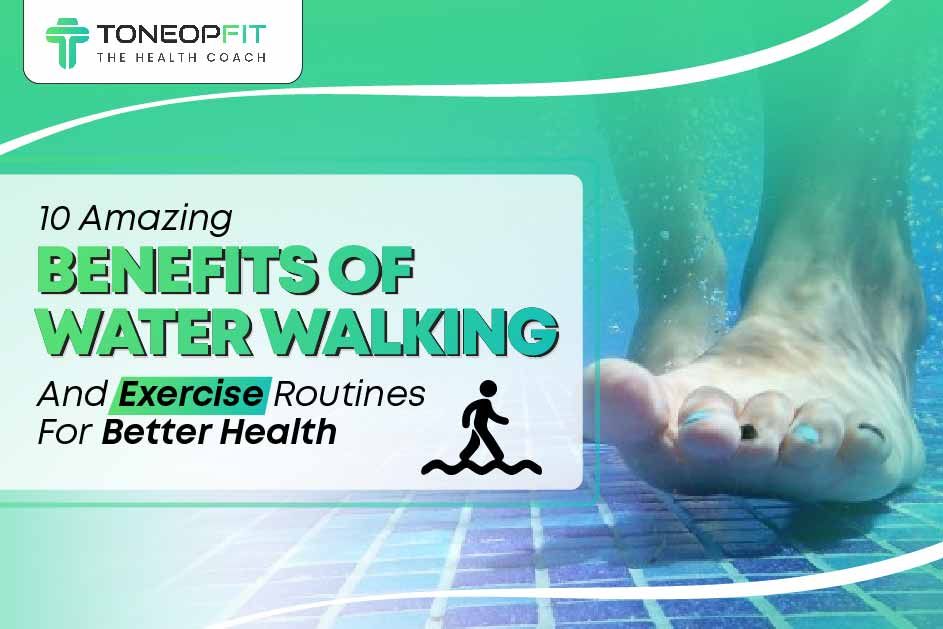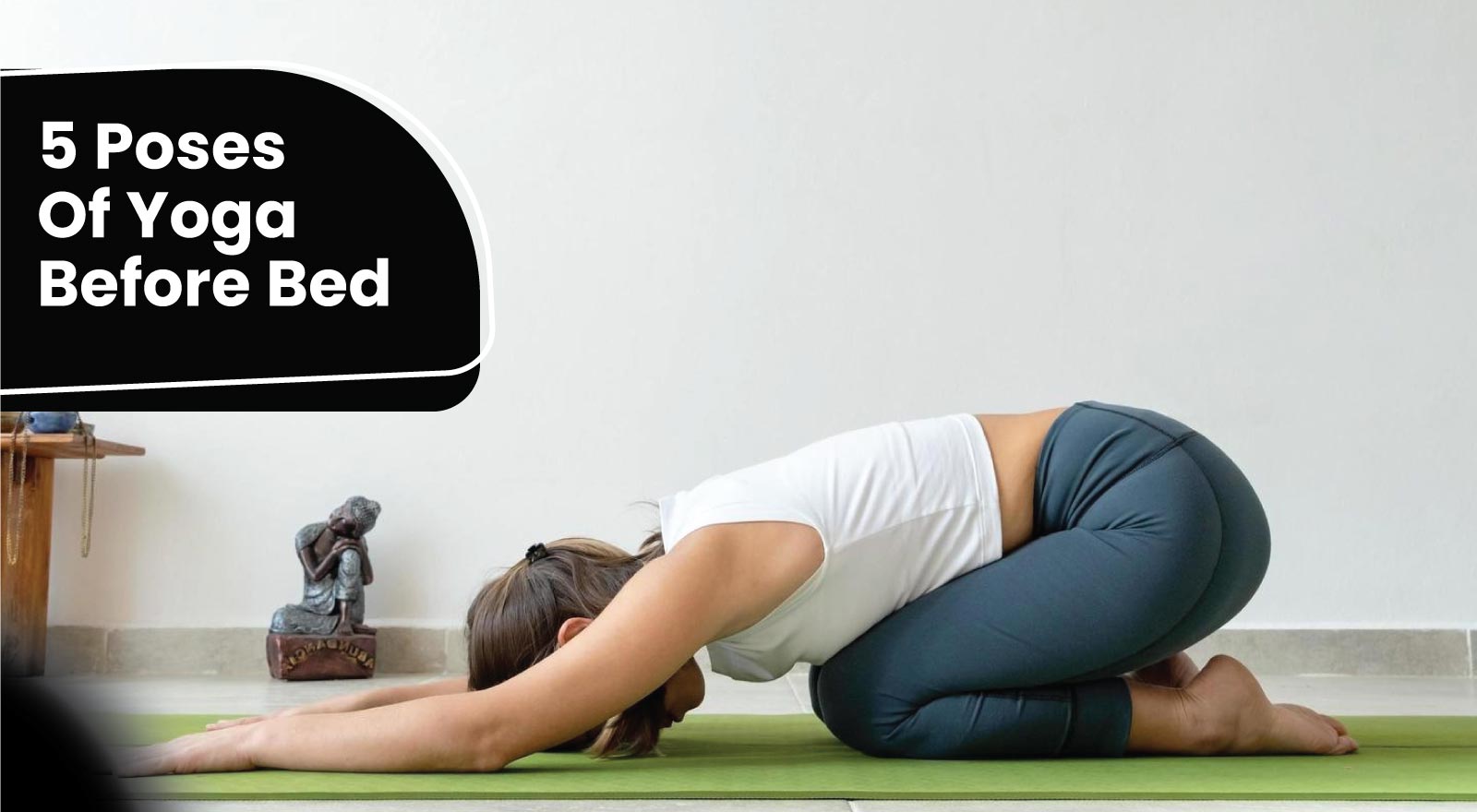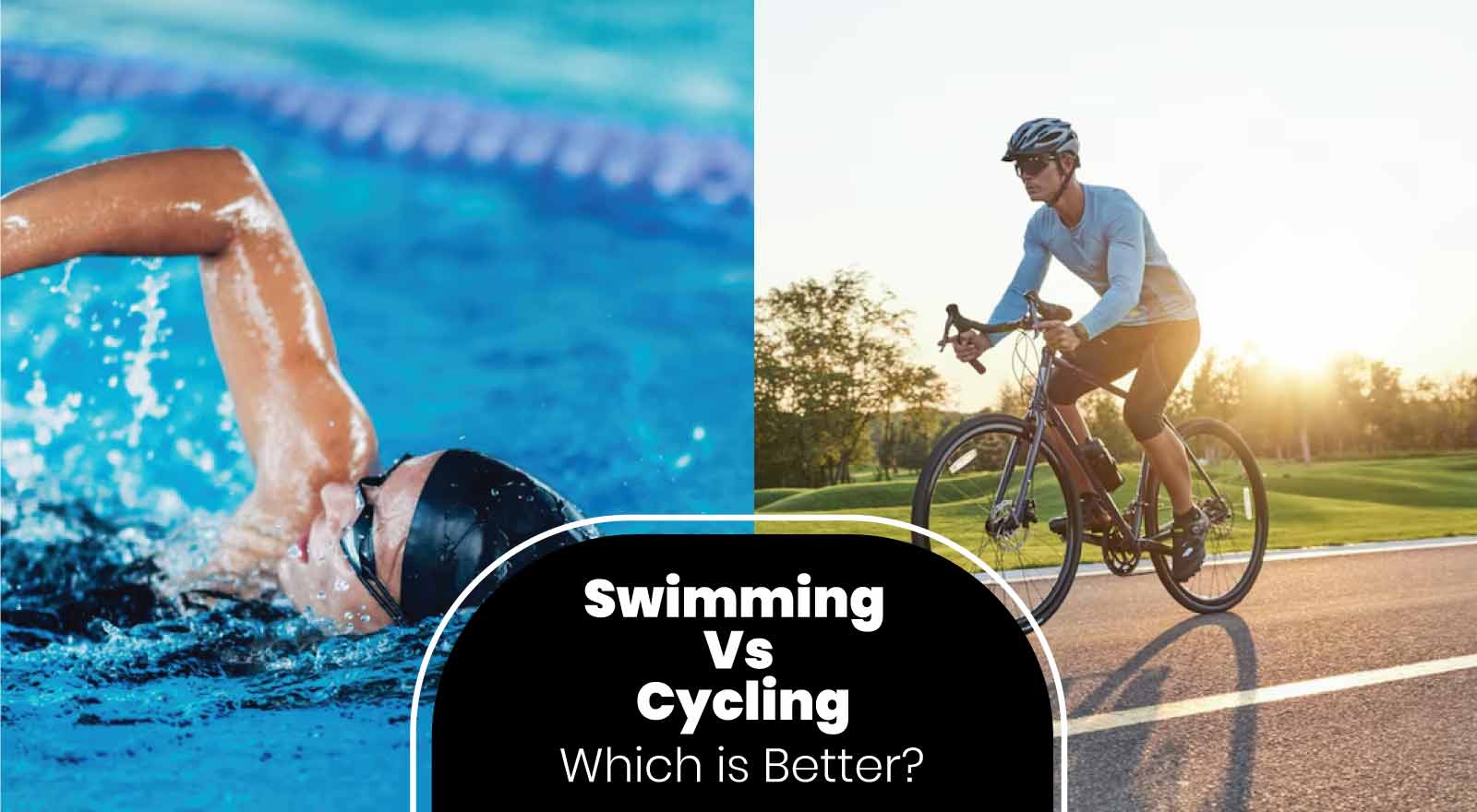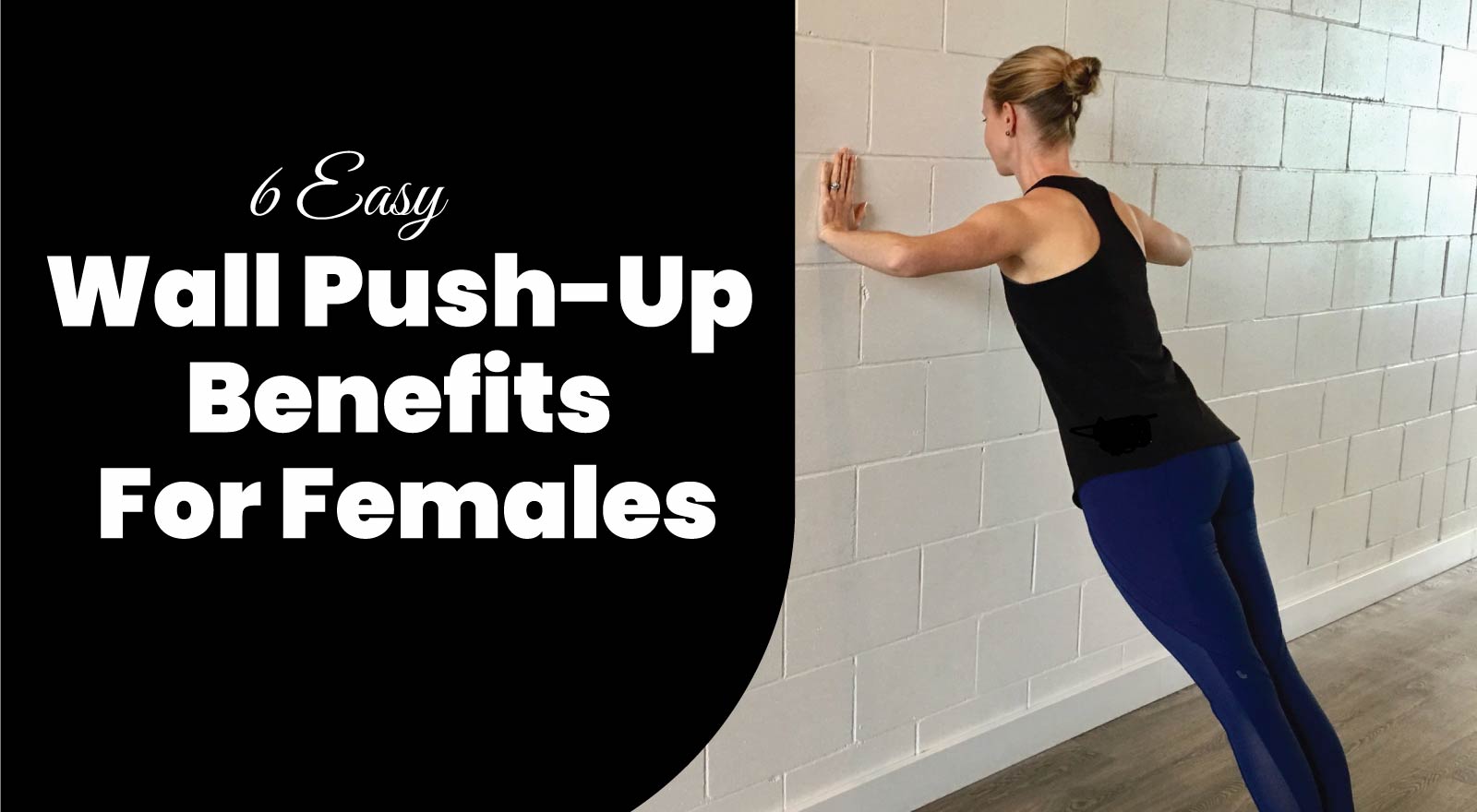Imagine this: you're surrounded by crystal-clear water, a gentle breeze cools your skin, and your workout feels...fun! Believe it or not, this aquatic escape isn't just a daydream vacation. It's the reality of water walking, a low-impact exercise that's as refreshing as effective.
When we talk about water walking, you must be thinking about the near-arcane ability of people to walk on water surfaces. Well, readers, dispelling the myths and superpowers, water walking is a structured exercise that's much easier (and way less splashy) than it sounds. In fact, it unlocks a treasure trove of health benefits, making it a perfect option for people of all ages and fitness levels. Intrigued? Dive deeper with us as we explore the 10 amazing benefits of water walking and discover how this simple pool walking exercise routine can improve your health!
Table Of Contents
1. What Is Water Walking?
2. What Are The 10 Key Benefits Of Water Walking?
3. What Is Deep Water Walking Exercise?
4. Pool Walking Exercise Regime
5. Swim Walking Routine For Beginners
6. Is Walking In Pool For Back Pain effective?
7. Does Walking In The Pool For Knee Pain Work?
8. Walking In Pool To Lose Weight
9. Expert Advice
10. The Final Say
11. FAQs
12. References
What Is Water Walking?
Water walking is a form of exercise that simulates walking on land but is performed in shallow water, typically a pool. Unlike swimming, you won't need special equipment or advanced aquatic skills. The beauty of water walking lies in its simplicity. You walk in place, mimicking your natural motion, with the water providing gentle resistance. This resistance adds a layer of challenge to your workout, engaging more muscle groups compared to walking on land. Plus, the water's buoyancy takes the pressure off your joints, making it a low-impact exercise that's kind to your body. So, water walking offers a refreshing and accessible way to boost your summer workout plans, all while keeping calm and enjoying the refreshing properties of water.
What Are The 10 Benefits Of Water Walking?

Beyond its cultural and recreational appeal, water walking has inspired scientific research and technological innovations. The multiple benefits of water walking are-
1. Is A Low-Impact Exercise
Water walking is gentle on the joints, making it ideal for individuals with arthritis, joint pain, or injuries. The buoyancy of water reduces the impact on the body, minimising strain on muscles and joints.
2. Helps In Muscle Strengthening
Walking against water resistance helps strengthen muscles all over the body, including the legs, core, arms, and back. This can improve overall muscle tone and endurance.
3. Enhances Cardiovascular Fitness
Water walking provides an effective cardiovascular workout, helping to improve heart health, increase circulation, and boost stamina. It can also help lower blood pressure and reduce the risk of cardiovascular diseases.
4. Improves Balance and Coordination
Walking in water challenges balance and coordination as you navigate the resistance of the water. Over time, this can help improve stability and minimise the risk of falls, especially in older adults.
5. Supports Weight Management
Water walking can aid weight management by burning calories and increasing metabolism. Water resistance adds intensity to the workout, helping to enhance calorie burn and promote fat loss.
6. Enhances Flexibility
The buoyancy of water allows for an excellent range of motion in the joints, facilitating stretching and flexibility exercises. Water walking can help improve muscle and joint flexibility, reduce stiffness, and promote better mobility.
7. Provides Stress Relief And Relaxation
Exercising in water calms the mind and body, reducing stress and promoting relaxation. Water's soothing properties can help alleviate anxiety and improve overall mood.
8. Increases Social Interaction
Water walking can be a social activity in groups or classes, providing opportunities for social interaction and camaraderie. This can contribute to a sense of community and support, enhancing overall well-being.
9. Supports Rehabilitation And Injury Recovery
Water walking is often recommended as part of rehabilitation programs for recovering from injuries or surgery. The low-impact nature of water exercise allows for gentle rehabilitation while promoting muscle strength and flexibility.
10. Is An Accessible Exercise Option
People of all ages and fitness levels can indulge and enjoy water walking, regardless of swimming ability. It can be done in various aquatic environments, including pools, lakes, or the ocean, making it an accessible exercise option for many individuals.
Also Read: 10 Easily Accessible Healthy Foods For Weight Loss To Add To Your Diet!
What Is Deep Water Walking Exercise?
If you are looking to start your fitness journey but want to make it fun at the same time, here is a guide on deep water walking you can follow:
Exercise | Instructions |
Warm-Up | Begin with a few minutes of gentle movements, such as marching or jogging in chest-deep water, to warm up your muscles and increase circulation. |
Deep Water Entry | Move to deeper water where you cannot touch the bottom. Use a flotation device or water belt if needed for buoyancy and safety. |
Engage Core Muscles | Stand tall with your shoulders at the back and engage your core muscles to maintain stability and proper posture throughout the exercise. |
Walk in Place | Start walking in place, lifting your knees high and driving your arms naturally. Focus on a slow, controlled movement to maximise resistance. |
Forward and Backward Walking | Alternate between walking forward and backward to engage different muscle groups and challenge balance and coordination. |
Sideways Walking | Incorporate sideways walking by stepping to the side with one foot and bringing the other to meet it. This targets the inner and outer thigh muscles. |
High Knee Lifts | Lift your knees with each step to increase intensity and engage the core and hip flexor muscles. |
Arms Variation | Experiment with arm movements such as forward punches, lateral raises, or overhead presses to add upper body resistance and coordination. |
Interval Training | Incorporate intervals of higher intensity by increasing your speed or adding bursts of power walking or jogging for short durations. |
Cool Down and Stretch | Finish your deep water walking session with a few minutes of gentle movements to gradually lower your heart rate. Then, perform stretches to elongate and relax your muscles, focusing on the calves, quadriceps, hamstrings, and shoulders. |
Pool Walking Exercise Regime
You can beat the heat this summer and also maintain a healthy workout routine by way of the following pool walking exercise regime:
Exercises | Instructions |
Warm-Up | Walk in the pool's shallow end for 5-10 minutes. Focus on maintaining proper posture and engaging your core muscles. |
Walk Forward | Move to the deeper end of the pool where the water is about chest or shoulder-deep. Start walking forward, swinging your arms naturally as you would while walking on land. |
Focus on Form | Keep your back straight, shoulders relaxed, and gaze forward. Engage your core muscles in order to stabilise your body and maintain balance. |
High Knee Lifts | Lift your knees higher with each step to engage your core and hip flexor muscles more effectively. If possible, aim to bring your knees to hip level. |
Sideways Walking | Incorporate sideways walking by taking lateral steps to the right and left. This movement targets the inner and outer thigh muscles and improves lateral stability. |
Backwards Walking | Switch to walking backwards to engage different muscle groups and challenge balance and coordination. Use caution and start slowly until you feel comfortable with the movement. |
Heel Raises | Integrate heel raises into your pool walking routine to strengthen the calf muscles. Lift your heels off the pool floor while keeping your toes planted, then lower them back down. |
Arm Movements | In order to engage your upper body and increase resistance, add arm movements such as forward punches, lateral raises, or overhead presses. |
Interval Training | Incorporate intervals of higher intensity by increasing your speed or adding bursts of power walking or jogging for short durations. |
Cool Down | After completing your pool walking session, spend a few minutes walking or floating in the water to lower your heart rate gradually. |
Swim Walking Routine For Beginners
Who does not love dipping in water and feeling refreshed? Swim walking is a gentle and soft exercise method without putting extra pressure on your body. Here is a guide on swim walking routine for beginners:
1. Find The Right Depth
Choose a depth where the water reaches at least chest level but allows you to maintain contact with the pool floor.
2. Start Walking
Begin by walking forward in the water, mimicking walking on land. Keep your back straight and shoulders relaxed, and engage your core muscles for stability.
3. Focus On Form
Maintain proper posture throughout the exercise, with your head high and your eyes looking forward. Avoid leaning too far forward or backwards.
4. Adjust Intensity
Increase or decrease your walking speed to adjust the intensity of the exercise. You can also vary your stride length to challenge different muscle groups.
5. Use Arm Movements
Incorporate arm movements to engage your upper body. Swing your arms naturally with each step or perform specific exercises such as arm circles, punches, or overhead presses.
6. Add Resistance
Increase resistance by walking against the current in a pool with jets or resistance bands. This adds an extra push to your workout when you take it as a challenge and helps build strength and endurance.
7. Incorporate Interval Training
Alternate between periods of moderate-intensity walking and short bursts of higher-intensity or faster-paced walking to increase cardiovascular benefits and calorie burn.
8. Change Directions
Mix your routine by walking backwards or sideways in the water. This will engage different muscle groups and improve balance and coordination.
Is Walking In Pool For Back Pain Effective?
Water walking has proved to be a beneficial way to get rid of different kinds of body pain, and here is how you can analyse if it is effective for back pain or not-
1. Role Of Buoyancy
The buoyancy of water reduces the impact on your spine, joints, and muscles, making pool walking a low-impact exercise that minimises strain on the back.
2. Musco-skeletal Support
Water provides support and stability, which can help uplift the pressure on the spine and promote proper alignment while walking.
3. Water Resistance
Water resistance provides gentle resistance to movement, helping to strengthen the back, abdomen, and core muscles without causing excessive strain.
4. Increased Range of Motion
The buoyancy of the water grants you an increased range of motion in the joints, which can help improve flexibility and reduce stiffness in the back and spine.
5. Improved Circulation
Walking in water promotes circulation, which can help reduce inflammation and heal the muscles and soft tissues of the back.
6. Reduced Pain
The combination of buoyancy, support, and resistance in water can help relieve pain and discomfort associated with back issues, allowing for a more comfortable and effective workout.
Focus on maintaining correct posture and alignment while walking in the pool. Keep your back straight and shoulders relaxed, and engage your core muscles for stability.
Start slowly and gradually maximise the intensity and duration of your pool walking sessions as your back pain improves and your strength and endurance increase.
Does Walking In The Pool For Knee Pain Work?
Walking in the pool is an excellent exercise for individuals experiencing knee pain. It provides a low-impact workout that helps strengthen the muscles around the knees without putting undue stress on the joints. The buoyancy of water reduces the weight-bearing pressure on the knees, making it easier and less painful to move. Additionally, the resistance of the water provides gentle strengthening and conditioning for the muscles, which can help improve knee stability and flexibility over time. Water walking also promotes better circulation, which can help reduce inflammation and promote healing in the knees. Overall, pool walking offers a safe and effective way to manage knee pain while improving overall mobility and function.
Walking In Pool To Lose Weight
Walking in the pool is an effective exercise for weight loss because it combines cardiovascular benefits with muscle strengthening. The resistance provided by water increases calorie expenditure compared to walking on land, while buoyancy reduces the impact on joints, making it suitable for individuals of all fitness levels. Consistent pool walking can help burn calories, improve metabolism, and contribute to overall weight loss when combined with a balanced diet and regular exercise routine.
Also Read: Unlock The Best Exercises For Losing Weight Quickly And A 7-Day Workout Plan!
Expert’s Advice
Stay hydrated before, during, and after water walking. Opt for water or electrolyte-rich drinks. Fuel up with a balanced snack before and a nutritious meal after the walk, including lean protein, complex carbs, and hydrating fruits and veggies. Adjust intake based on individual needs and consult a trainer for personalised guidance.
Dt. Akshata Gandevikar
The Final Say
So there you have it! Water walking isn't just a poolside pastime; it's a powerful tool for boosting your overall well-being. The benefits are undeniable, from burning calories and building muscle to improving circulation and reducing stress. Remember, water walking is just one piece of the puzzle. Incorporating other forms of exercise into your routine creates a well-rounded fitness program. But the beauty of water walking lies in its accessibility. It's a low-impact exercise that (bonus!) can be done year-round, rain or shine.
FAQs
1. What are some walking in the pool exercises?
- Here are some of the best walking in the pool exercises:
Heel raises - Backwards walking
- High knee lifts
- Sideway walking
- Lateral raises
2. Is walking in water a good exercise?
Yes, walking in water is definitely a good exercise as it tones your muscles, helps you burn calories, and is gentle on bones and joints. This proves to be beneficial for people, especially those suffering from injuries or old age.
3. Are water walking exercises for seniors helpful?
Yes, water walking exercises for seniors can be highly beneficial as they provide a low-impact, joint-friendly workout that improves cardiovascular health, muscle strength, and flexibility while reducing the risk of injury.
4. Does water walking burn calories?
Yes, water working exercises are a great way to burn calories.
References
- https://waterexercisecoach.com/7-benefits-of-water-walking/
- https://www.arthritis.com/living-with-arthritis/health/water-walking
About ToneOp Fit
ToneOp Fit is a platform dedicated to improving and maintaining good health through a comprehensive range of goal-oriented health plans with up to 3 Coach support. With a range of Weight Management, Medical Condition, Detox Plans, and Face Yoga Plans, the app also provides premium health trackers, recipes and health content. Get customised diet, fitness, naturopathy & yoga plans and transform yourself with ToneOp.










































